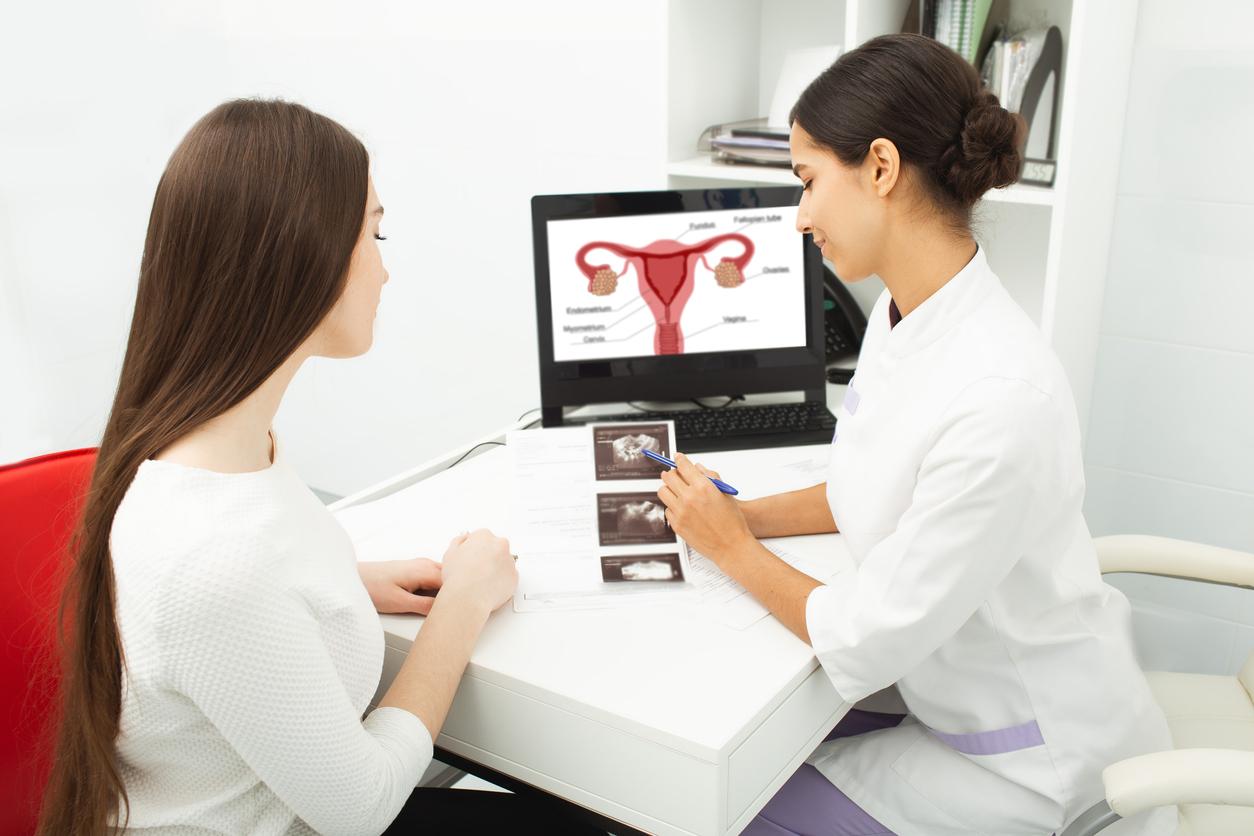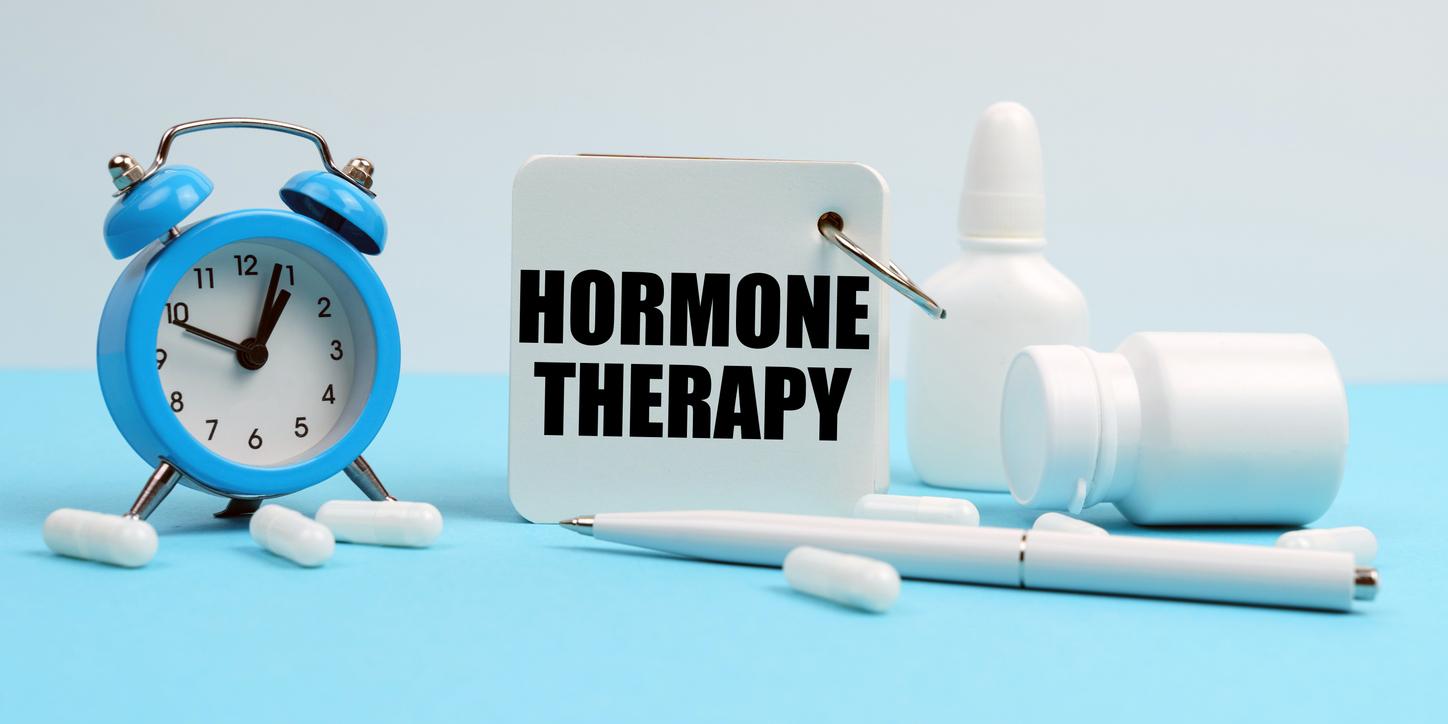Postmenopausal women with moderate to severe vasomotor symptoms are at higher risk of fatty liver disease.

- Among the list of vasomotor symptoms associated with menopause, we find hot flashes.
- Women with moderate to severe vasomotor symptoms have a three-fold increased risk of developing fatty liver disease, which is associated with metabolic syndrome.
- Patients “who experience these symptoms should consult a healthcare professional to address them and assess their cardiovascular health.”
Insomnia, fatigue, irritability, night sweats… These vasomotor symptoms can appear during menopause. Among them, we also find hot flashes. In a recent study, researchers from Aretaieion University Hospital in Athens (Greece) wanted to analyze the probability that a person will develop fatty liver disease, also known as non-alcoholic hepatic steatosis, linked to menopause and the potential link with vasomotor symptoms. As a reminder, fatty liver disease is associated with metabolic syndrome (abdominal obesity, high cholesterol, diabetes, high blood pressure, etc.). It is characterized by an accumulation of fat in the liver, outside of any excessive alcohol consumption.
Fatty liver disease: 3 times more risk in case of moderate to severe vasomotor symptoms
For the purposes of the work, the team recruited 106 perimenopausal and postmenopausal women. They assessed hepatic steatosis to determine the risk of fat accumulation in the liver. The scientists took into account age, physical activity, alcohol, smoking, history of menstrual irregularities and use of hormone therapy. According to the results, presented at the annual congress of the Endocrine Society in Boston (ENDO 2024), 42 participants with moderate to severe vasomotor symptoms had a three-fold increased risk of developing fatty liver disease compared to 64 volunteers with mild symptoms. According to the authors, this risk was 9.3 times higher when the sample was restricted to women who had symptoms within five years of the menopausal transition.
“Comprehensive care for perimenopausal and postmenopausal women”
“Women who experience these symptoms should seek medical attention from a healthcare professional to address them and assess their cardiovascular health. Previously, vasomotor symptoms were primarily considered indicators of estrogen deficiency, but this study suggests broader implications for cardiovascular health related to this hormonal imbalance. (…) We hope these findings will encourage healthcare professionals to provide comprehensive care to perimenopausal and postmenopausal women, beyond discussions focused solely on hormone therapy,” said Eleni Armenianlead author of the work.


















